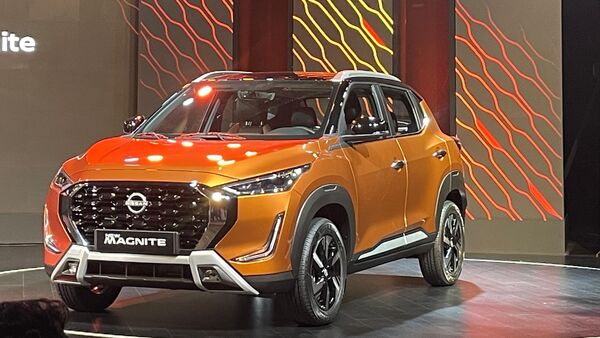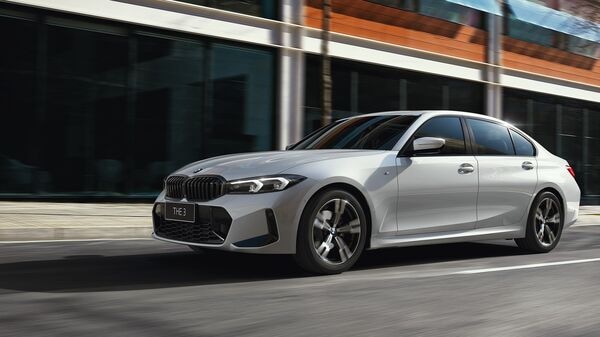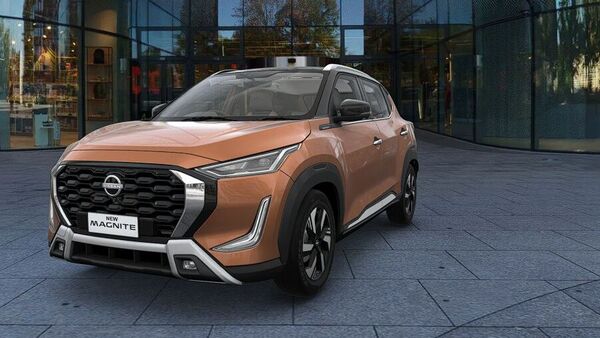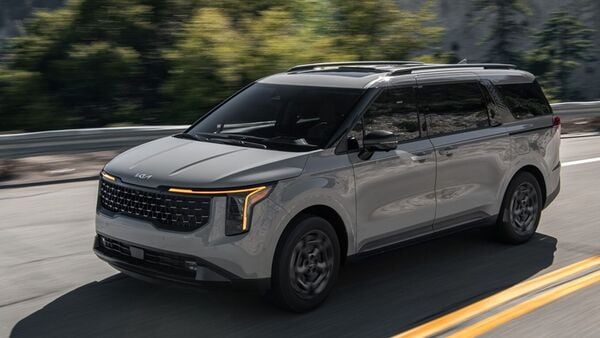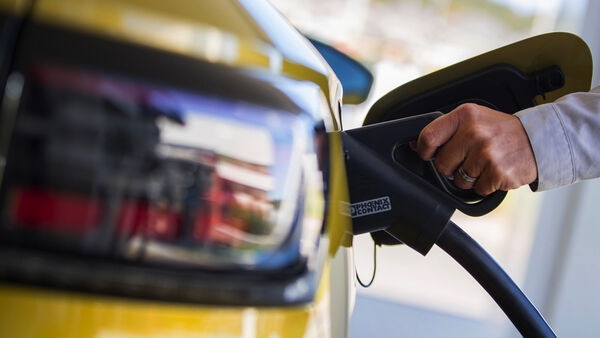
Are EVs the only way forward?
4 months ago | 42 Views
Despite expectations to the contrary, the Indian EV market is seeing a dramatic slowdown, particularly when it comes to electric two-wheelers, which saw a staggering 50% drop in sales in April when compared to the previous month. Part of the reason, according to FADA President Manish Raj Singhania, is due to the expiration of the FAME 2 subsidy. Although the subsidy has been extended till the 31st of July, it does offer fewer incentives and rebates. Can EV growth be sustained in the absence of incentives?
India isn’t the only country witnessing EV sales slowdown. Although April saw a 22% drop in passenger EVs in India, it still occupies less than 2 per cent of the overall passenger car market. The slowdown was far more severe in the US, with Tesla facing the brunt of it, having seen its market share go from 62% in Q1 of 2023 to 51% in Q2 of 2024. And the situation is not likely to improve. As of Feb 2024, only 8% of the US passenger car market consisted of EVs. US President Joe Biden’s plans to hit the 56% mark by 2030 have hit a speed bump given the new regulations blocking federal subsidies for Chinese EVs.
After decades spent attempting to catch up with Japanese and American carmakers, China’s automotive industry finally found a level playing field with EVs. Given China’s stranglehold over various stages of the lithium-ion battery supply chain and production, the country is finally primed to offer the most competitively priced and capable EVs in the world. However, even as China continues to produce EV upstart after upstart, the rest of the industrialised world is going in a different direction. As it stands the EU could reverse its 2035 ban on ICE engines, should
According to Audi AG VP of Sales, Andre Konsbruck, the brand’s future is unequivocally electric. However, he adds that, at least for the foreseeable future, ICE powertrains will also be a key area of focus. With a new set of ICE and hybrid vehicles to be launched by 2026, Audi, much like other European manufacturers, is making engines that are good for another 15-20 years, should the policy regarding EVs change in the near future. Lamborghini Regional Director of Asia Pacific Francesco Scardaoni echoes the same sentiment. “We’re keeping our options open" says Scardaoni, adding that the brand is looking closely at synthetic fuels and hybrid powertrains as a means to keep its ICE powertrains in circulation.
These aren’t the only European carmakers echoing this sentiment. Mercedes-Benz extended its deadline for ICE powertrains
Hybrids resurgent
Hybrids, be they self-charging ones or plug-in ones have always made more sense for an economy-conscious country like India. And even in the absence of the kind of subsidies doled out to EVs, consumers are waking up to the appeal of hybrids. The overall market share of hybrids rose from 0.5 % in 2022 to 2% in 2023. Hybrids even outsold EVs, selling 4500 more units than the 48,000 EVs sold during the same period. Besides, it’s not like the two are diametrically opposed. Both help bring down emissions, and the usage of motors, batteries, high voltage cables etc are common to both, so they do share a part of the same supply chain.
Geraldine Ingham, the Managing Director of Range Rover who was recently in India to inaugurate the brand’s first bespoke luxe experience for its Indian consumer base, mentioned that Range Rover, for the global market, will remain powertrain agnostic. “The Range Rover was engineered to be able to offer all sorts of alternatives between petrol, diesel, hybrid and electric. So we will continue to offer that choice to markets". However, JLR CEO Rajan Amba has stated that as far as the Indian market is concerned, for Range Rover, hybrids won’t be considered as they simply do not align with parent company Tata Motors' stand on electrification.
Maruti Suzuki’s Senior Executive Officer for Sales and Marketing, Partho Banerjee has emphasised the need for the government to acknowledge the role played by hybrids in reducing CO2 emissions, although he remained reticent when asked about the possibility of any policy turnabout or GST reduction when it comes to hybrids. As the market leader in the strong hybrid department, Banerjee says Maruti Suzuki is focussing entirely on making smaller hatchbacks more and more efficient. An affordable strong hybrid powertrain can only come with a strong hybrid policy framework.
What the future holds
Mahindra & Mahindra announcing an investment of ₹14,000 crores for ICE powertrains ( ₹2000 crore more than its investment in EVs) confirms that manufacturers are no longer looking at EVs as their sole path to sustainable mobility. ICE powertrains, thus far thought to be headed for extinction, could be looking at a stay of execution.
Still, EV market penetration in the luxury car space is expected to be higher. At least according to Konsbruck who believes that Audi is expecting the EV share in the premium car market in India will be around 50% in the next five years. Amba, is less optimistic, believing that the figure will be around 35% and would be entirely dependent on the sort of growth the premium EV space witnesses this year.
Read Also: iocl delivers hydrogen-powered tata bus with 200 km of range to indian army


